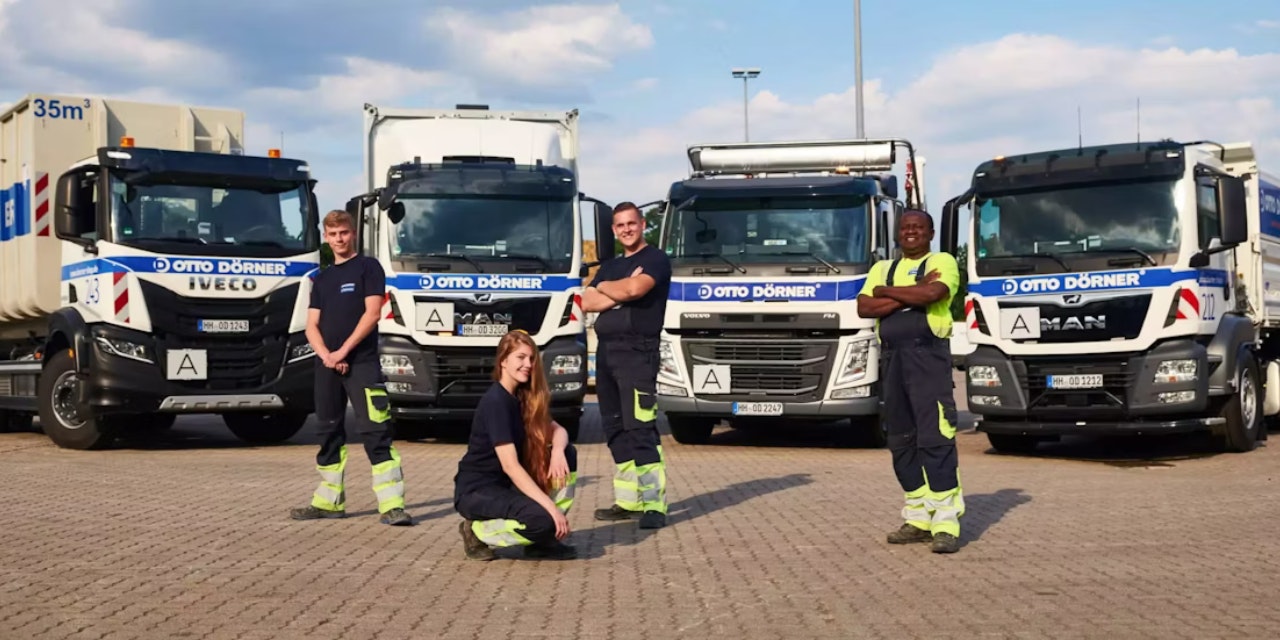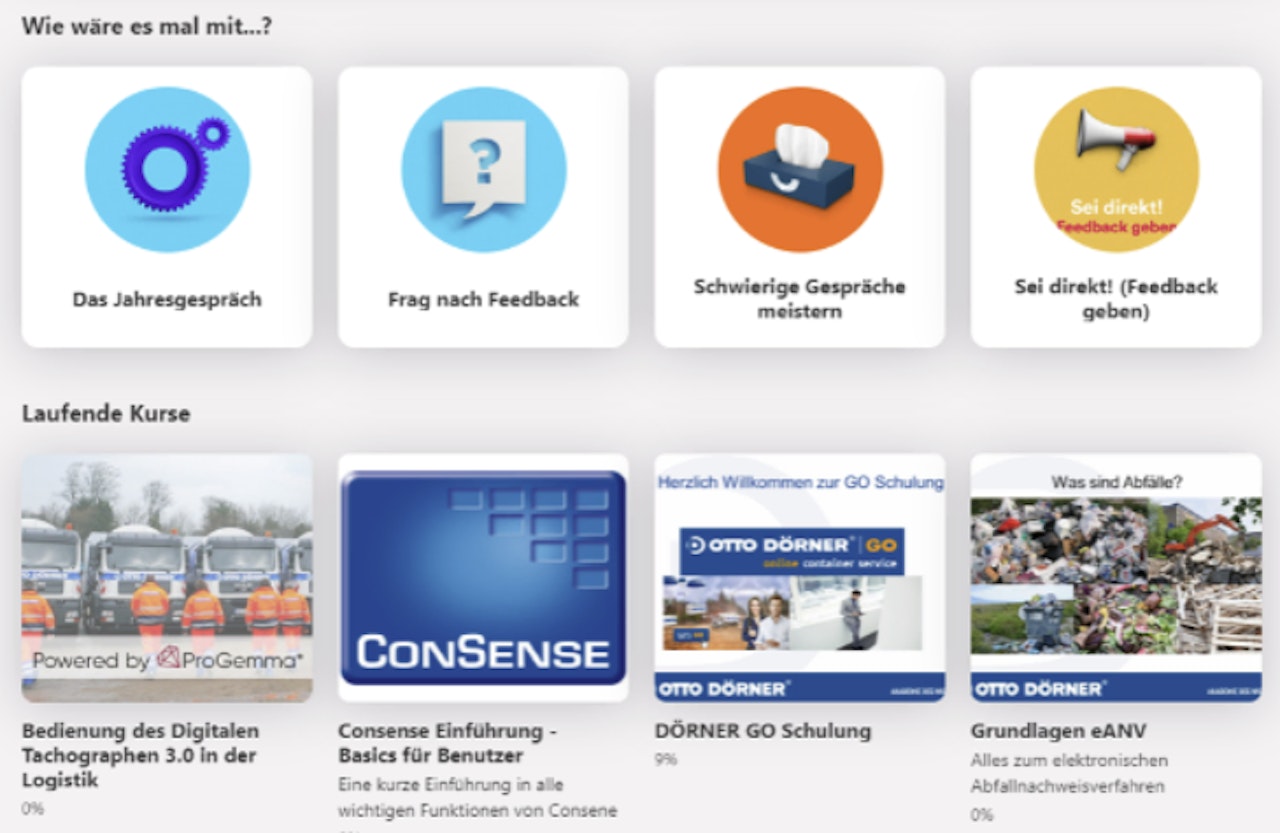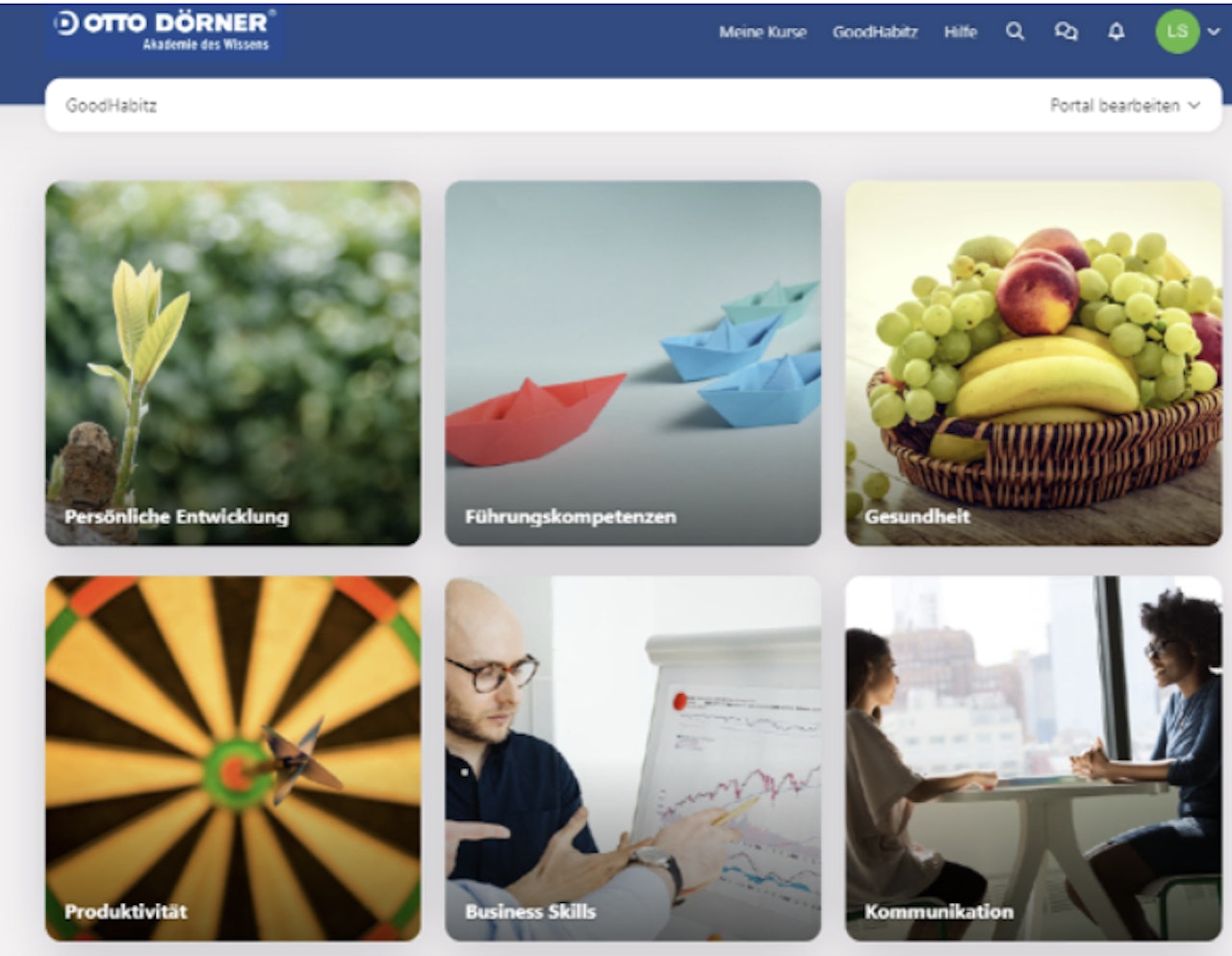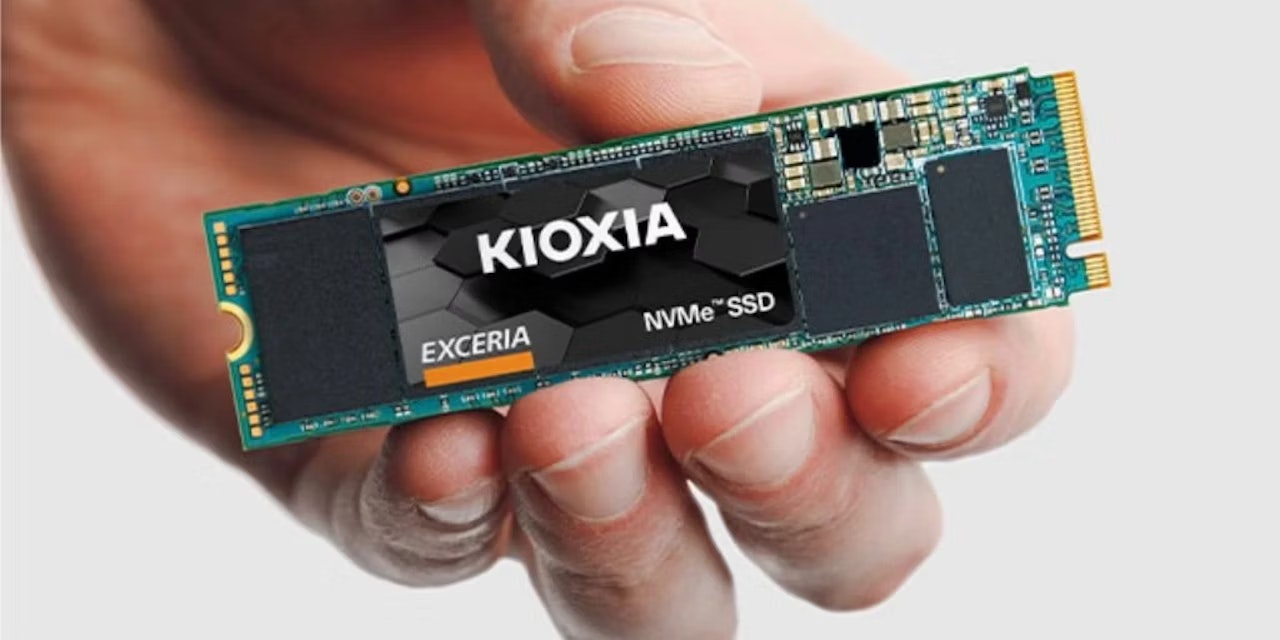eLearning in the recycling industry
Customer stories | OTTO DÖRNER

In 2020, we spoke with our customer OTTO DÖRNER about the use of eLearning for the recycling industry. In 2023, we asked complementary questions about the development and results of the Fellow LMS in use. Conclusion: Triggered by mandatory training in digital form, a corporate learning culture is emerging with a steadily growing offering.
Facts:
Region: Germany
1,200 employees
Industry: Waste disposal & recycling
The OTTO DÖRNER GmbH & Co. KG
It is one of the leading private companies in the fields of waste disposal, recycling, gravel and sand as well as landfills and soil remediation. The third-generation family-owned company supplies construction, trade, industry, commercial, municipal and private customers. The OTTO DÖRNER Group employs more than 1,200 people in the commercial and industrial sectors, including yard employees and drivers but also office workers.
From compulsory training to broad-based knowledge gain
Where the defibrillator is located is simply something every company employee needs to know.
This is part of the basic courses that every new employee at OTTO DÖRNER has to complete. The courses have been digital for a couple of years, which has proven their worth. After all, the courses are available at any time, as soon as the induction process begins, and can be accessed flexibly.
However, the mandatory training courses have recently been supplemented by an interesting additional offer. Booked via GoodHabitz, eLearning courses are gradually being activated, providing new knowledge and inspiration for managers, office staff, and the workforce in general. The topic of “employee performance review” is an example. For the workforce, it is a great enrichment to be able to prepare themselves professionally and personally through eLearning.
More facts:
Product chosen: Fellow LMS
Customer since: 2017
Target group: all employees, including those from the operational and industrial sectors (e.g. drivers and equipment operators)
Areas of application: Software and operator training, work instructions, specialized training on legal regulations and occupational safety, personnel development, and management training.
Courses from first-hand expertise
Who could be better at explaining what waste management is all about, e. g. waste type classification, or container determination? The skilled workers themselves, of course! They are the most important resource in developing the OTTO DÖRNER GmbH eLearning Academy. Based on their expertise,12 internal authors, or trainers are registered in the system who create courses in the academy.
The roles are quite different. Some announce a topic that they think would be interesting for everyone and would like to disseminate. Others provide feedback on courses they have already created, improving the quality of the teaching materials.

Involving industrial employees (blue-collar)
How do you reach so-called blue-collar workers, industrial – often manual – employees such as equipment operators, wheel loaders or forklift drivers who don’t have a PC workstation and can’t quickly open their computer to take a training course there?
For blue-collar workers, there is always the hurdle of getting access to the eLearning portal in the first place, because that’s just not a given in their normal day-to-day work.
What are the possible solutions? Lena Sieg lists a few:
mobile access via laptop, cell phone or tablet
short, flexible units (approx. 15 minutes)
as much interactivity as possible
motivation by the manager
notices in the social rooms
quiz/competition
A short, crisp and interactive format is ensured by a fixed concept to which each course is checked. For example, at the end of a course, there are always three questions about the learning content. Keeping the courses interactive is not always easy, because in a medium-sized company like OTTO DÖRNER GmbH, personnel capacities for creating eLearning courses are limited. The LMS already includes some forms of important interactivities. Various forms of questions, images and video elements loosen up the course, and learners can also add questions and comments.
Good ideas prevail
To establish a training-friendly corporate culture, managers at OTTO DÖRNER are encouraged by training to include eLearning courses in people’s daily work. The Human Resources department of the OTTO DÖRNER Group is working to raise awareness to the need of training times and rooms, so that the work conditions can be adjusted.
It also puts a lot of effort into an appealing and clear appearance of the platform, in order to motivate people to stay on the platform even after a mandatory training course has been completed. So they tweaked and experimented with the presentation, divided it into categories, and ultimately found a compact representation that is clear and user-friendly despite the wide range of courses on offer.
And yet another good idea: A competition was initially set up to attract employees to the learning platform. In 15 quiz questions, participants were allowed to guess at questions such as: “Who has the longest journey to work? “Which man has the smallest shoe size?” “How big is our site?” The proud winner received a €50 Amazon gift card at the end.
How are the courses received?
The HR department receives positive feedback for the eLearning offering, which combines mandatory and additional courses. There have been a few complaints that some courses are too long. However, Lena Sieg always has the good advice not to complete the courses as a whole, but to complete individual modules. Ultimately, the system leads you back to where you left off without any complications.
The package of eLearning courses provided by GoodHabitz is also well received. Everyone should be able to see what suits their area and get ideas and input in the company’s own LMS. According to Lena Sieg, it is well received: 1487 chapters were started by employees in 2022, from pieces of training such as “Don’t be afraid of stress” (1st place), “Customer orientation” (2nd place) and “Be direct – give feedback” (3rd place).

The result: Good work based on knowledge
Well-trained personnel is essential for quality and efficiency in waste management and recycling operations. Through eLearning, employees can be immediately brought up to the required level of knowledge. Additionally, important courses are repeated and consolidated.
For the future, Lena Sieg sees a clear trend towards blended learning. Today’s classroom training, for e.g. management training, will be accompanied by eLearning in the future. In this way, there is new input and repetition and what has been learned remains in the memory for a long time. Training controlling is also to be addressed more intensively, so that tracking is used to a greater extent and it becomes clearer who has attended which training courses.
However, the most important goal for the future is to further optimize the corporate culture so that learning is more strongly encouraged, time and monetary resources are made available, and as many employees as possible are reached with training opportunities. Not only with mandatory training, but also beyond.
Retrieve the OTTO DÖRNER case as PDF
We love to share our experience with you
Related customer stories



